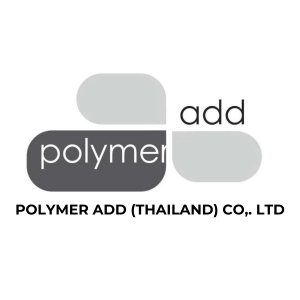Barium stearate is indeed commonly used as a heat stabilizer and lubricant in various polymer applications, including transparent PVC (polyvinyl chloride) compounds. PVC is a widely used synthetic polymer known for its versatility and durability. However, PVC can degrade when exposed to heat, light, or other environmental factors, which can compromise its mechanical properties and appearance.
Barium stearate serves multiple functions in PVC formulations:
Heat Stabilization
PVC can undergo thermal degradation when subjected to high temperatures during processing or use. Barium stearate acts as a heat stabilizer by preventing or slowing down the degradation reactions, thereby enhancing the thermal stability of the PVC compound.
Lubrication
During processing, PVC compounds often require lubrication to improve flow characteristics and prevent sticking to processing equipment. Barium stearate acts as an internal lubricant, reducing friction between polymer chains and facilitating the extrusion or molding process.
Transparency
In the case of transparent PVC formulations, maintaining clarity is crucial. Barium stearate, when used in appropriate amounts, can contribute to maintaining the transparency of the final product by minimizing the formation of undesirable haze or opacity.
Compatibility
Barium stearate is chosen for its compatibility with PVC and its ability to disperse uniformly within the polymer matrix, ensuring consistent performance and appearance throughout the finished product.
Overall, the addition of barium stearate to transparent PVC compounds helps improve their processing characteristics, thermal stability, and transparency, making it suitable for various applications such as clear packaging materials, medical devices, and window profiles. However, it’s essential to consider the regulatory and safety aspects associated with the use of barium-containing compounds, ensuring compliance with relevant standards and regulations.
